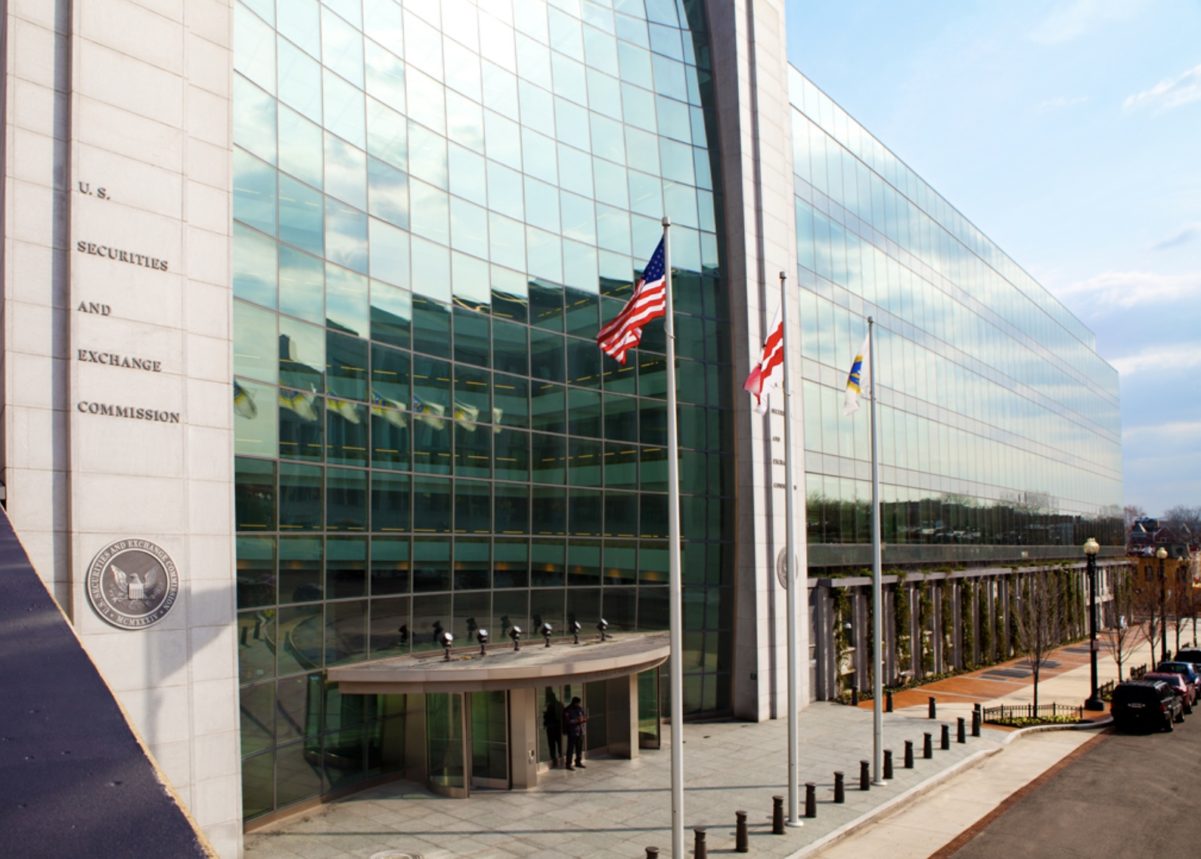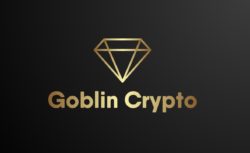
The Securities and Exchange Commission is reportedly investigating Coinbase for offering nine cryptocurrencies that the agency is seeking to classify as “securities,” sources said Tuesday.
The tokens likely include seven the agency cited Thursday in a complaint against a former Coinbase employee accused of insider trading. The list includes Rally (RLY), Power Ledger (POWR), LCX, Rari Governance (RGT), XYO Network (XYO), DerivaDao (DDX), Flexa’s AMP, and LCX Exchange’s LCX.
In its complaint, The agency focused heavily on a couple of recurring themes: One was the idea that investors expected to profit “based on the efforts of others.” The Howey Test, which courts use to judge whether investments are “securities,” requires investors to hold that expectation. The second was whether tokens offered liquidity pools. Investors participate in liquidity pools in order to passively profit from interest payments — which is another element of the test.
Here’s a list of Coinbase tokens the agency addressed, along with its statements about what made each one a “security.” It omits two tokens — Kromatika (KROM) and DFX Finance (DFX) — in the SEC complaint because they are not available on Coinbase.
RELATED: Justice Department Indicts Former Coinbase Employee for Insider Trading
Flexa’s AMP: Developers Held Tokens, Offered Liquidity Pools
The agency kicked off its complaint with a grievance about AMP developer Flexa and their token’s liquidity pool, noting that participants could “stake Amp into pools that secure the network.”
“These collateral pools, comprised entirely of Amp, are what allow Flexa to operate,” the SEC said. “If the collateral pools are profitable, investors who stake Amp can share in the profits.”
The agency also cited the fact that 20 percent of AMP supply was allocated to the “founding team and employee pool to ‘incentiviz[e] current and future Flexa team members'” on a four-year vesting schedule. This, the SEC said, was evidence that “investors … share a common interest with [AMP’s] management team.” And it said investors held an “expectation of profits based on the efforts of others,” in part, because the management team had “emphasized the profit opportunity for Amp holders.”
Rally Network’s RLY: Promised Good Tokenomics
The SEC said RLY investors expected to profit based on the management team’s efforts partially because of a statement in the project’s white paper about its tokenomics. “Tokenomics play a fundamentally important role in the success or failure of a crypto project,” the white paper said. “In essence, good tokenomics align the incentives of all participants of a token economy. These incentives are built into the protocol and will function as such in perpetuity thereby guaranteeing the protocol’s future.”
Regulators also bewailed the fact that developers had “promoted RLY’s availability on the secondary market, as well as its liquidity.” That included a July 2021 announcement in which, Rally announced that “[multiple secondary trading platforms, including Coinbase] have all enabled $RLY trading.’ Rally noted that anyone with accounts on these platforms could thus ‘easily purchase $RLY using either crypto, a credit/debit card, or bank account and begin participating in the $RLY community today.”
DerivaDao’s DDX: Developers Held Tokens, Promised Developments
Officials said one problem with DDX was the fact that its developers held a majority of the token’s supply.
“DerivaDEX and its management team retain the vast majority of ’emitted’ DDX tokens, creating a common interest between management and other investors,” the SEC’s complaint said. “Collectively, outside investors hold approximately 30.7 percent of the initial token supply.
“Indeed, DerivaDex is still not fully operational, and DEX Labs continues to develop DerivaDEX, which is in beta,” the SEC added. “DerivaDEX has posted an audio recording featuring the CEO and the product lead discussing development plans that have no firm timeline. The product lead has described the following plans: (1) developing a feature that allows movement from one release version to another (described as “pretty critical”) (2) implementing any recommendations of a third party software audit; and (3) implementing “fail safe” parameter limitations. All of the development plans that DerivaDEX has described depend entirely on the efforts of its management team and the affiliated entities.”
XY Labs’ XYO: Fixed Token Supply
Addressing XYO, regulators voiced a new complaint: Developers fixed token supply at 14.2 billion.
“As XY explained in the XYO white paper and a February 2018 Medium post, to increase the value of the XYO token, XY has permanently fixed the number of XYO tokens, which are required to use XY’s business,” the agency said. “XY claimed that the success of this ecosystem will, in turn, expand XY’s user base, thus continuing to create demand for XYO tokens. XY has consistently touted the growth of its user base.”
Rari’s RGT: Called Holders ‘Shareholders,’ Tried to Get on Exchanges
The SEC said RGT developers committed offenses that included, among others, referring to token holders as “shareholders,” as well as attempting to get their token listed on centralized exchanges.
“Rari has often referred to participation in the RGT buying programs as an ‘investment’ and ‘fundraising,’ and RGT holders as ‘shareholders,'” the SEC said. “For example, in the October 2020 Medium post, the CEO explained that RGT has a vesting schedule that ‘ensur[es] shareholder recipients are aligned with the company before receiving shares.’ Further, in connection with the program to provide RGT to investors that provide liquidity for Rari’s trading pools, Rari’s CEO stated in an October 23, 2020 email to a potential venture fund investor, that ‘[S]ince liquidity mining is difficult to structure in traditional VC, we can connect with you a partner who can delegate capital to, making it an easy investment.'”
LCX Exchange’s LCX: Published a Roadmap and Attacked Goldman Sachs
LCX Exchange, the SEC said, “emphasized the role and efforts of its managers and others to the success” of its token. As evidence, it pointed out that LCX had published a roadmap promising new features, and published a photo of its CEO in an ad critical of Goldman Sachs.
“During a July 2022 interview, The LCX’s CEO described plans to “’revamp’ The LCX exchange to include improved functionality and new features,” the SEC said. “Recent ‘Roadmaps’ on The LCX’s website list various improved capabilities and offerings, eventually hoping to have ‘Billions of Assets under Management.’ [And] the LCX website has a photo of its CEO pointing to an advertisement for LCX.com and LCX tokens that stated in part, ‘Goodbye Goldman.'”
Power Ledger’s POWR: Told People it Would be on Exchanges
Regulators said POWR investors “had a reasonable expectation” of profiting from the efforts of others for reasons that included announcing that it would become available exchanges.
“In announcing POWR’s upcoming token sale on a prominent web forum in July 2017, Power responded to the question ‘How to buy Power ledger?’ by saying: ‘The Power Ledger Token (POWR) will be available in our token sale that will begin in the next month or so (exact date to be determined),”” the SEC noted. “After that, you will be able to buy POWR tokens at popular exchanges. Stay tuned!”
Coinbase’s Response
Coinbase Chief Legal Officer Paul Grewal responded in a July 21 statement to the SEC’s charges against its former employee, saying the company “100 percent [disagreed] with the SEC’s decision.”
“Coinbase has a rigorous process to analyze and review each digital asset before making it available on our exchange — a process that the SEC itself has reviewed,” Grewal added. “Instead of having a dialogue with us about the seven assets on our platform, the SEC jumped directly to litigation. The SEC’s charges put a spotlight on an important problem: the US doesn’t have a clear or workable regulatory framework for digital asset securities. And instead of crafting tailored rules in an inclusive and transparent way, the SEC is relying on these types of one-off enforcement actions to try to bring all digital assets into its jurisdiction, even those assets that are not securities.”
Grewal’s response came before this week’s revelation that the SEC was investigating Coinbase for alleged securities offerings. The agency has not said whether its investigation of Coinbase will be limited to the tokens cited in its Thursday filing.
You can read the SEC’s full complaint embedded above.

 Bitcoin
Bitcoin  Ethereum
Ethereum  Tether
Tether  XRP
XRP  Solana
Solana  Dogecoin
Dogecoin  Cardano
Cardano  Chainlink
Chainlink  Avalanche
Avalanche  Polkadot
Polkadot  Monero
Monero  Cronos
Cronos  Aave
Aave  Algorand
Algorand  Tezos
Tezos  Axie Infinity
Axie Infinity  Polygon
Polygon  Onyxcoin
Onyxcoin  Golem
Golem  Flux
Flux